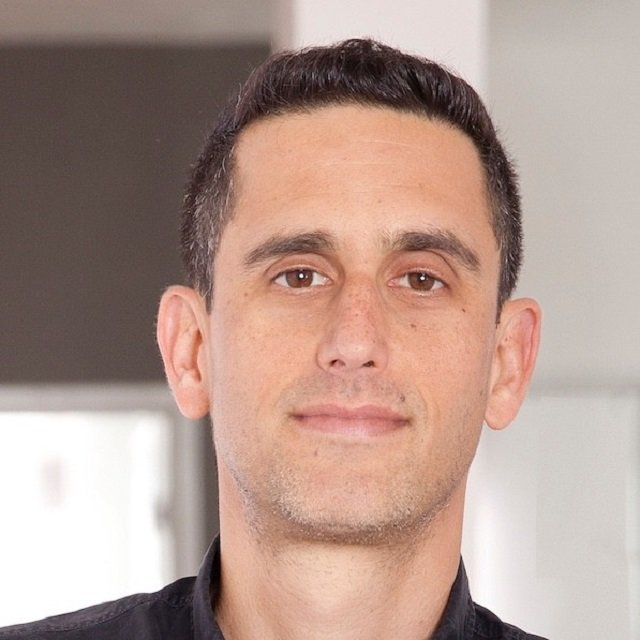COVID-19 Is What We Track Now: Sproutt's Assaf Henkin

Assaf Henkin is the president and chief operating officer of Sproutt — a company that uses artificial intelligence to help wellness-minded consumers find life insurance, disability insurance and critical illness insurance.
The Hartford, Connecticut-based insurtech startup matches consumers who try to eat right, exercise, get enough sleep and maintain strong emotional health with insurers that will offer them lower premiums for their efforts.
Henkin has a bachelor’s degree in computer information systems from San Francisco State University and a master’s degree in business administration from Northwestern University’s Kellogg School of Management.
He worked at tech firms such as iXL, eZula, Kontera and Amobee for 20 years before helping to start Sproutt, in 2018.
Via email, we asked Henkin a set of questions that touch both on his professional knowledge and on what he does off the clock.
1. What market indicator, industry statistic, regulatory change or advisor trend are you watching most closely right now and why?
We follow several indicators, but in the last few years, COVID-19 morbidity and severity have been important indicators for us to track.
Insurance carriers have been adopting underwriting practices that place limitations on infected and recovering patients, which impacts life insurance sales — particularly online, where those customers need to wait longer for policies.
2. How has it been changing recently and how do you expect it to change now?
In 2021 we saw COVID-19 indicators stabilize to a point where insurance carriers were “comfortable” with the policies that were in place; that allowed for a period of relative stability.
The number of cases started rising again with omicron, but, since mortality was lower, with a very high infection rate, some of the underwriting questions and methodologies were not aligned with this new situation.
We foresee the continuation of new variants in the next few years, along with advancements in vaccines and medicine eventually rendering COVID-19 as no longer life threatening.
3. What would you suggest advisors do now or consider doing in the future about it?
The pandemic served as a catalyst of digital change. Processes that would have taken several years happened overnight. To be successful, advisors should embrace digitalization and learn how to source, sell to, and serve customers using digital channels and tools. This is what customers expect and those expectations will only intensify.
4. Who or what critical source of information do you track, or follow online, to keep up with this or other trends?
We use our own data first and foremost — this includes data that comes directly from both consumers and advisors. It enables us to detect buying trends, underwriting trends, health issues, financial status, and the like.




